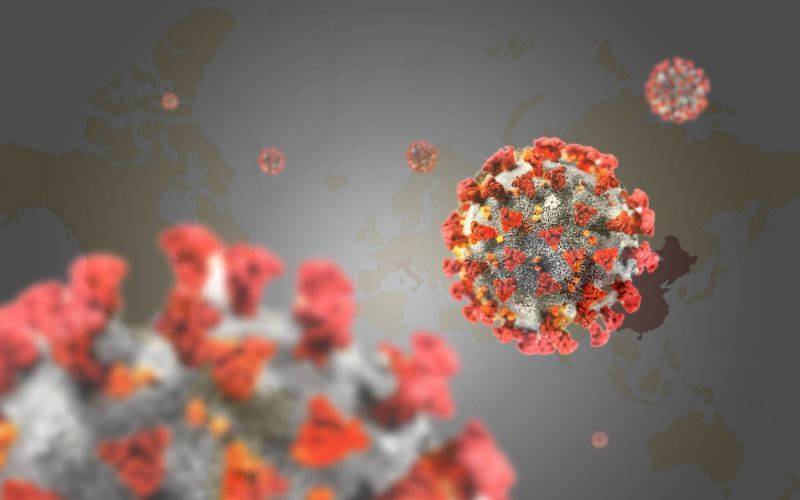World
Qatar confirms 4 coronavirus reinfections in largest study to date

Four cases of coronavirus reinfection have been confirmed in Qatar in the world’s largest study to date, though additional research is required to determine the likelihood and severity of reinfection. Other cases could not be confirmed or ruled out due to limitations.
The research team went through a database with more than 130,000 positive tests and found 15,808 people who had tested positive on at least two occasions. Those who had their second positive test within 45 days were excluded, which left 243 suspected cases of reinfection.
Nearly all of the suspected cases were in men and young adults, which reflects the country’s epidemic as a whole and has resulted in limited mortality. 23 of the suspected cases were diagnosed at a health facility, which indicates they likely had symptoms, according to a preprint paper. The other 31 were found through random testing or contact tracing, which suggests minimal symptoms, if any.
Fifty-four of the suspected cases were deemed to have strong or good evidence of reinfection, the team said. However, paired samples could only be retrieved for 23, and eleven of those were discarded because of low genome quality. In six cases there was no genomic evidence to support reinfection, and in two cases there was conclusive evidence to rule out reinfection as there were no differences between both genomes.
Conclusive evidence of reinfection was found in the remaining four cases, though none of them were hospitalized for either the first or second infection. Three of those were diagnosed at a health facility, but details about their symptoms, if any, are unknown. In one case, antibody test results were available at the time of reinfection, and the individual was sero-negative.
The research team said the results were “striking” because Qatar’s outbreak is estimated to have infected up to half of the population. “It is all but certain that a significant proportion of the population has been repeatedly exposed to the infection, but such re-exposures hardly led to any documented reinfections,” they said.
The team also pointed out that none of the confirmed reinfections in Qatar were severe or fatal. “These findings suggest that most infected persons do develop immunity against reinfection that lasts for at least a few months, and that reinfections (if they occur) are well tolerated and no more symptomatic than primary infections,” they said.
Some of the findings are at odds with other studies into confirmed cases of reinfection. Only 20 reinfections have been confirmed worldwide, of which 8 were more severe the second time. No deaths have been reported among confirmed cases of reinfection.
Research into reinfections is limited due to the amount of work involved. People with SARS-CoV-2, the virus which causes COVID-19, may continue to test positive for several months without being sick of infectious. As a result, researchers need samples from both infections to confirm whether the virus’ genetic makeup is different.
Visit the BNO News reinfection tracker for more details.

-

 Legal5 days ago
Legal5 days agoMichigan man JD Vance sentenced to 2 years for threatening Trump and JD Vance
-

 Politics6 days ago
Politics6 days agoU.S. to designate Maduro-linked Cartel de los Soles as terrorist organization
-

 World1 week ago
World1 week agoU.S. begins Operation Southern Spear against “narco-terrorists” in the Western Hemisphere
-

 Health6 days ago
Health6 days agoCambodia reports fatal H5N1 bird flu case in 22-year-old man
-

 World3 days ago
World3 days agoHurricane Melissa registered 252 mph wind gust, breaking global record
-

 Legal3 days ago
Legal3 days agoWoman in critical condition after being set on fire on Chicago train
-

 Legal1 week ago
Legal1 week agoImprovised explosive device detonates outside Las Vegas restaurant; no injuries
-

 Politics6 days ago
Politics6 days agoEpstein survivors release PSA calling on Congress to release all files




